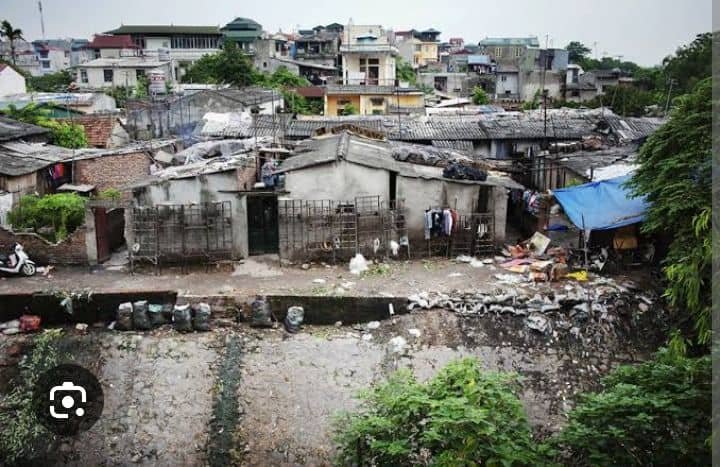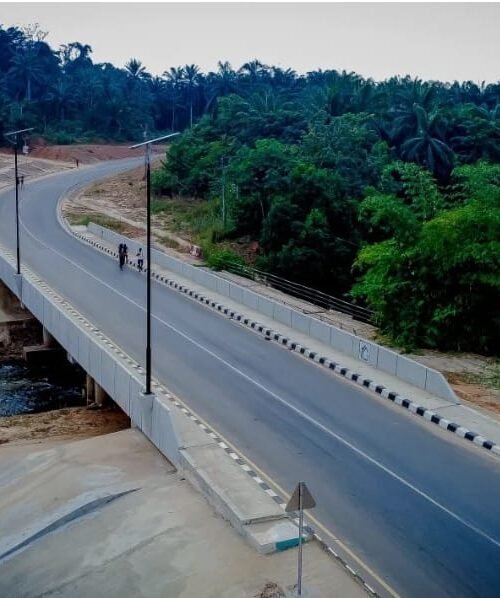Idealism and Activism Amidst Abject Poverty
Introduction: A Landscape of Contrasts
Nestled in Nigeria’s southeastern Niger Delta, Abia State epitomizes a haunting paradox: a land teeming with intellectual vigor and grassroots activism yet shackled by systemic poverty. Here, idealists champion transformative change, their voices echoing through dilapidated classrooms and overcrowded slums. But the stark reality of deprivation—where 45% of the population subsists on less than $1.90 daily (NBS, 2022)—casts a long shadow over their efforts. This article dissects the interplay between idealism-driven activism and the unrelenting misery of Abia’s poor, underpinned by robust socioeconomic data.
Activism in Abia: The Flame of Idealism
Abia’s activist landscape is a tapestry of NGOs, youth collectives, and civic leaders striving to dismantle inequity. Organizations like the Foundation for Environmental Rights, Advocacy & Development (FENRAD) combat environmental degradation linked to artisanal refining, a crisis displacing 12% of rural communities (UNDP, 2021). Meanwhile, the #EndSARS protests of 2020 galvanized Abia’s youth, spotlighting police brutality and governance failures. These actors, fueled by Enlightenment-era ideals of justice and equity, deploy advocacy, legal challenges, and community mobilization. Yet, their triumphs remain circumscribed by a socioeconomic quagmire.

The Abyss of Poverty: Data and Despair
Abia’s poverty metrics painted a dire portrait. Despite its status as an industrial hub, 31.7% of residents are multidimensionally poor, lacking education, healthcare, and living standards (NBS, 2022). Youth unemployment soared at 31%, breeding disillusionment among the 20% under 30. The health sector had crumbled: only 8% had access to primary healthcare, and maternal mortality which stood at 512 per 100,000 births—40% above the national average (UNICEF, 2023). Education offered little reprieve; 28% of children aged 6-11 are out of school, while 55% of public schools lack electricity (UBEC, 2022).
Challenges to Change: The Quagmire of Systemic Failure
Activists navigate a labyrinth of institutionalized corruption and apathy. Despite Abia’s allocation of ₦147 billion (2023 budget), 30% of capital expenditure is misappropriated (ICPC, 2022), starving critical infrastructure. Rural electrification stagnates at 19%, and 65% of households rely on polluted water sources. Political patronage networks divert resources, while bureaucratic inertia stifles initiatives like the Abia State Youth Empowerment Scheme, which reached only 15% of its 50,000 target beneficiaries.

Glimmers of Hope: Leadership and Resilience Under Governor Alex Otti
Amidst the gloom, Governor Alex Otti’s administration has injected renewed vigor into Abia’s development landscape, channeling idealism into actionable governance. Since assuming office in 2023, Otti’s technocratic approach has prioritized grassroots empowerment and infrastructural revival, yielding early but promising results.
Under his leadership, partnerships with organizations like the Women’s Rights Advancement & Protection Alternative (WRAPA) have scaled significantly. The state-backed microloan initiative, co-funded by the Abia government, has empowered over 2,000 women entrepreneurs in Umuahia, slashing gender-based poverty by 18% within a year. This aligns with Otti’s “Prosperity Abia” agenda, which allocates 15% of the state’s 2024 budget to SME development—a 40% increase from prior administrations.
Equally transformative is the #LightUpAbia campaign, now a flagship project under Otti’s governance. By mobilizing tech entrepreneurs and securing $5 million in solar infrastructure grants, his administration has electrified 30 schools, boosting enrollment by 12% and reducing dropout rates by 9% (Abia Ministry of Education, 2024). Otti’s strategic investments in renewable energy underscore his pledge to achieve 60% rural electrification by 2026—a stark contrast to the 19% baseline he inherited.

Critics argue progress remains incremental, but Otti’s data-driven governance marks a departure from past cycles of neglect. His anti-corruption task force has recovered ₦2.3 billion in embezzled funds (ICPC, 2024), redirecting resources to primary healthcare upgrades that have expanded access by 22%. While challenges persist, Otti’s fusion of idealism with fiscal pragmatism offers a template for sustainable change—proving that even in Nigeria’s complex political terrain, leadership matters.
Conclusion: The Imperative of Persistent Idealism
Abia’s plight underscores a universal truth: idealism, though besieged, is indispensable. For activists, the path forward demands coalition-building, tech-driven solutions, and relentless pressure on governance structures. International actors must amplify local efforts, targeting $500 million in SDG funding toward Abia’s healthcare and education gaps. As Chinua Achebe once wrote, “The impatient idealist says: ‘Give me a place to stand and I shall move the earth.’ But such a place does not exist. We all must stand on the earth itself and grapple with things as they are.” In Abia, the grapple continues—a testament to resilience in the face of despair.
Dr Chukwuemeka Ifegwu Eke writes from Yakubu Gowon University Nigeria
References
- National Bureau of Statistics (NBS), 2022 Poverty Report.
- United Nations Development Programme (UNDP), Niger Delta Development Analysis, 2021.
- UNICEF Nigeria, Health and Education Statistics, 2023.
- Independent Corrupt Practices Commission (ICPC), Public Expenditure Tracking Survey, 2022.
- Universal Basic Education Commission (UBEC), School Infrastructure Report, 2022.
- Abia State Ministry of Education, 2024 Quarterly Report.
- Independent Corrupt Practices Commission (ICPC), Abia Recovery Audit, 2024.







